
- This event has passed.
OSC23: Addressing barriers to a diverse and inclusive climate modelling community
24 October, 2023 @ 12:50 – 13:50 Kigali, Rwanda
As identified in the ‘A WCRP vision for accessible, useful and realistic climate modelling systems’ report there is a need for a bigger, more diverse and more cross-disciplinary climate modelling community to deliver the ambition of accessible, reliable and useful modelling systems for the world. Due to many complex factors, there is poor representation of the global South particularly in the global modelling community where the capacity to support expensive infrastructure and skills limits all but the wealthiest countries. However, with young populations, huge ambition and regionally specific expertise and insight, as demonstrated in the CORDEX domains, the global South offers huge value that must be nurtured through meaningful north-south collaboration and significant investment.
This panel discussion will bring together representatives from across the climate modelling community, capacity building experts/organisations and young scientists from the global South to discuss practical actions and recommendations from the short term and small scale to real game changers.
This session will be hybrid.
Event recording
Speakers
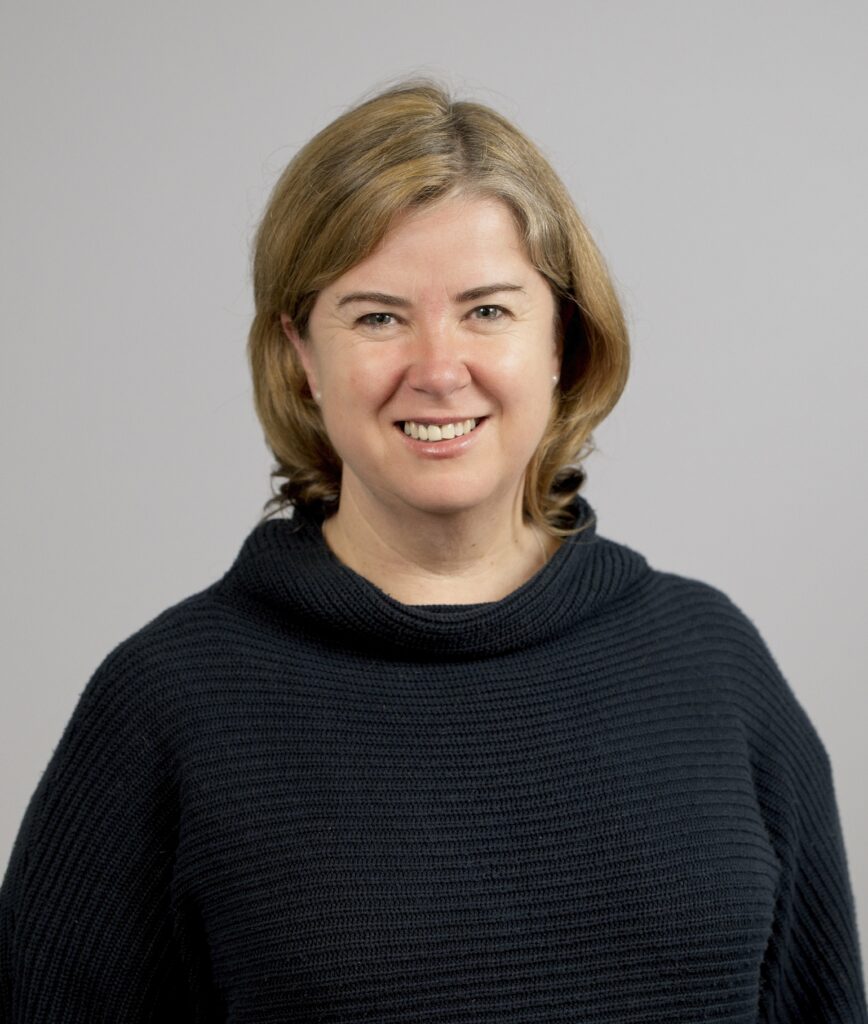
CMIP Panel member Julie Arblaster, Monash University, Australia will chair this event.
Julie Arblaster is a professor and climate scientist at Monash University in Australia. Her research uses climate models as tools to understand the mechanisms of climate variability and extremes in observed and future climates. She has served on many national and international committees and reports, including the IPCC, WCRP SPARC and WMO/UNEP Scientific Assessment for Ozone Depletion and is currently a core member of the Coupled Model Intercomparison Project Panel.
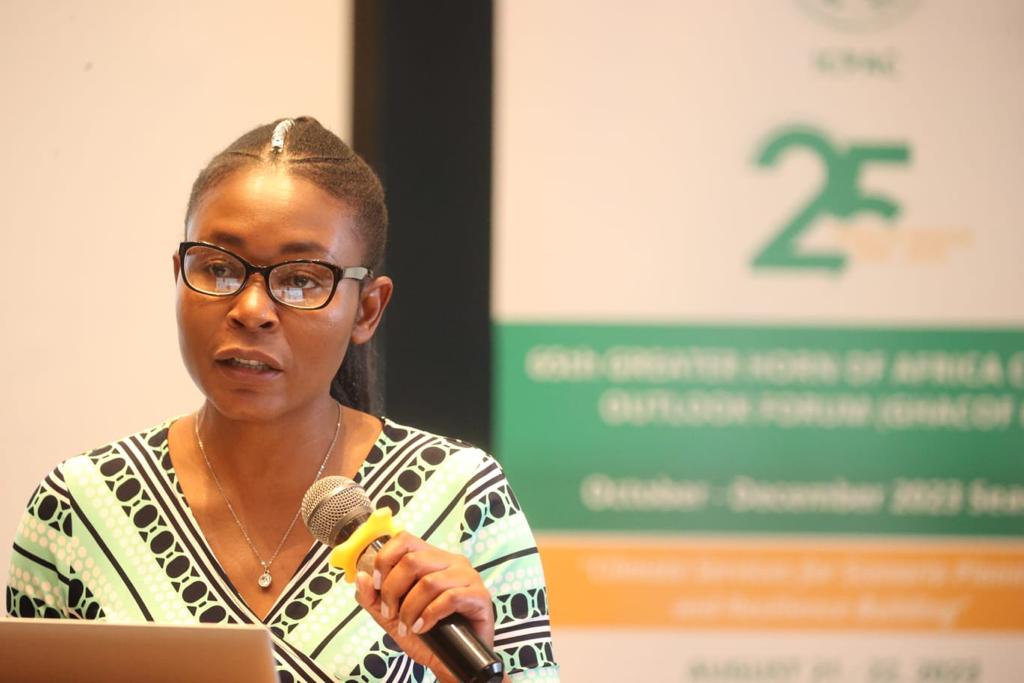
Masilin Gudoshava, IGAD Climate Prediction and Applications Centre, Kenya.
Dr. Masilin Gudoshava is a Lead Research Scientist at the IGAD Climate Prediction and Applications Centre (ICPAC), Nairobi, Kenya. She obtained a PhD in Atmospheric Science in 2016 from North Carolina State University, Raleigh, North Carolina, and a holder of MSc. in Industrial Mathematics and BSc. in Applied Mathematics from the National University of Science and Technology, Bulawayo, Zimbabwe. She has over 10 years’ experience in climate forecasting at sub-seasonal to seasonal timescales, capacity development, regional climate modelling and has also worked on climate change studies. She has a passion for achieving the UN Sustainable Development Goal number 2. She currently works in close collaboration with sectors that are related with food security over Eastern Africa.
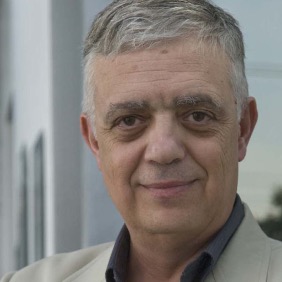
Paolo Nobre, INPE, Brazil.
Paulo Nobre, PhD, is a climatologist, professor, researcher and author with more than three decades of experience in climate variability and change research, ocean observation and prediction studies, and earth system modeling. He has been the head of the Brazilian Program on Global Climate Change Research – Rede CLIMA. Presently, he heads the development of the Brazilian Earth System Model and leads the Brazilian national committee of the Brazil-France-United States PIRATA array of moored buoys for tropical Atlantic research. Together with researchers from IAP/CAC in China and IITM in India, he was awarded a research grant with the BRICS-2021 call for proposals. Dr. Nobre is a member of WCRP Lighthouse Activities Safe Landing Climate program. Among his most recent missions is the development of a national system for the detection, prediction and monitoring of oil spills at sea in Brazil.
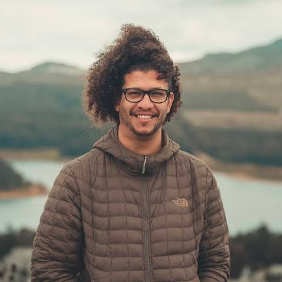
Izidine Pinto, KNMI, The Netherlands.
Izidine Pinto is a climatologist with a broad interest in regional climate responses to human activities in Africa. He focuses on climate modelling for short term weather forecasts, and climate projections. His research interests are in attribution of extreme weather and climate events, contributing to more accurate information, and ultimately to improve decision making and disaster risk reduction. Izidine was a lead author of the 6th Assessment Report of the Intergovernmental Panel on Climate Change (IPCC), Working Group 1. Originally from Mozambique, he moved to Cape Town in 2009, when he joined CSAG initially for his MSc (2011), followed by a PhD (2015) on improving the understanding of future changes in extreme weather events in Southern Africa. In 2022, Izidine moved to become a senior researcher at KNMI in the Netherlands.
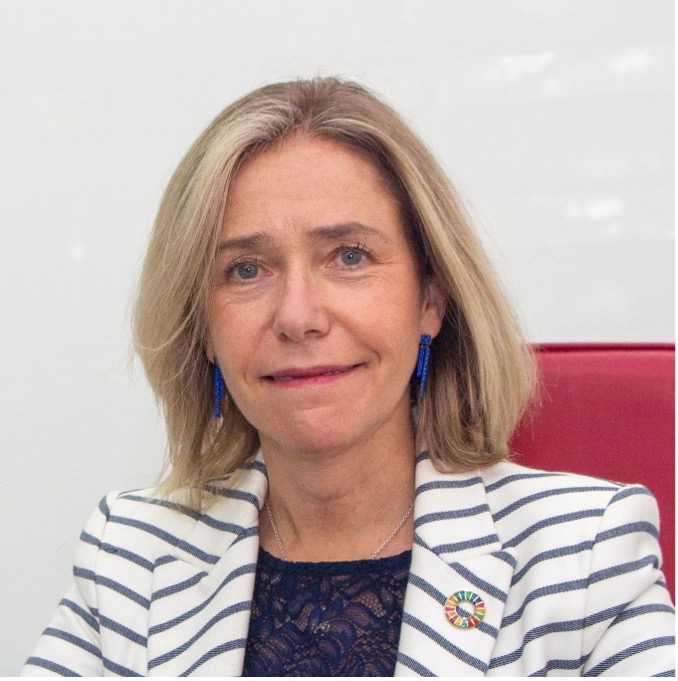
Celeste Saulo, WMO, Argentina
Professor Saulo got her PhD in Atmospheric Sciences from the University of Buenos Aires, Argentina. Her research career was focused on numerical weather prediction and data assimilation and progressed towards interdisciplinary work related to early warning systems, promoting scientific articulation with the provision of services to society. She has received several national and international awards. She has been Director of the Department of Atmospheric and Ocean Sciences at the University of Buenos Aires. She was the Director of the Argentina National Meteorological Service between 2024 and 2023. In 2018 she was elected Vice-President of the World Meteorological Organization (WMO). She chaired the WMO Research Board from 2019 to 2021. Since June 2023, she is the Secretary General-elect of the World Meteorological Organization.
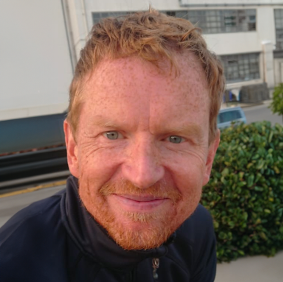
Adrian Tompkins, ICTP, Italy
Adrian’s interests focus on cloud and convection dynamics and physics, and their representation in weather forecast and climate models, and how the organisation of convection in the tropics may impact climate sensitivity. At ICTP, Adrian’s research has also expanded into climate-health applications of particular relevance to Africa. He is the lead developer of a open-source, regional dynamical malaria transmission model that accounts for climate and population and also a new agent-based model for human mobility.
Regarding the mandate of ICTP, Adrian is particularly concerned with how weather prediction and climate models can be better applied in developing countries. He has taught at and co-organised over 25 schools, workshops and training events in Africa, Asia and Central/South America, with an emphasis on demonstrating open access climate data platforms and analysis tools. He has served on Swiss TPH’s malaria technical advisory board, the WCRP’s working group on sub-Seasonal to inter-decadal prediction (WGSIP), and the first Science advisory committee of the West African Science Service Centre on Climate Change and Adapted Land Use (WASCAL).
